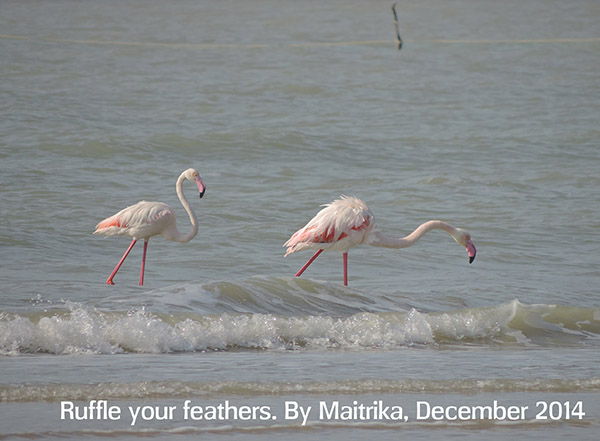What is the relationship between the heart and the back? This is the question that came to me, that my body asked and that I have developed the sensitivity to pay attention to. This is not the kind of question I would’ve asked 4 years ago. I might have chanced upon it and found it fascinating but then I would’ve looked to other texts and ‘superior’ practitioners of yoga or dance to answer it for me. Today, I look at my body. It is a valid source of information, of feeling, sadness, joy, and even theory. I do not think of my desires as the base even though that is what we are told again and again: to control the body’s base desires. Through somatic practice, I’ve learned that our desires can be easily fulfilled. We don’t need much, just a little bit of indulgence and time (rather timelessness). Because movement and stillness have that timeless quality to them, the quality of constant flux, and I find that all my desires are fulfilled within that movement and stillness. I find tripti in it, in just a little bit. I did not realize how completely and willfully we had taken the oath to not listen to our bodies until I read Julietta Singh’s ‘Unthinking Mastery: Dehumanism and Decolonial Entanglements’.
While introducing her book, she talks of Helene Cixous; ‘what she learns from her desire is that resident collectivities are in reach, that in fact a seemingly impenetrable “system” of mastery has already been breached’. Desire is acknowledged. In that acknowledgment or recognition, you see the possibility and grace of the body. Bodies are constantly interrupting narratives but we have stopped (or been trained to stop) reading from our bodies, our whole consciousness. We’re trained to not trust ourselves. Doubt is the only trustworthy document. Out of doubt, text arises, and text is where we rest our faith (we are taught to).
Bodies are like the interruption of brackets, a sub-text that reads along with other narratives. Slowly, I’m learning to trust it more and more. Still, I find that whenever I make a claim that I know in my heart and gut and all my bloody organs to be true, as true as unstable ground, I find myself justifying that claim by saying that it is my claim, from my body and I can’t say whether it is true for another being or not. When that same body assures of me connectedness to other bodies, ‘they feel you’, it says; you don’t have to insert doubt again. But I do. What Cixous ‘learns from her desire is that resident collectivities are in reach’. What are these ‘resident collectivities’?
I read them as that connect which when established within my body, connects me to other bodies. It is like connecting with the air, that you too breathe. Still, I doubt myself. Why do I do this? And how do I wrestle with it? Negotiate and learn to let go? Along with trusting my own body, I have to learn to trust other bodies. I have to admit to myself that if I have found something true and vulnerable and when I offer it to another, I have to trust them to find it within themselves. If they don’t and my heart is broken, then I have to live with that. Performance is a dhandha built on my broken heart and on the assurance that I can break yours, just a little bit, enough to let the light through. In performance, I am at stake.
I love the second part of the cited sentence too: ‘that in fact a seemingly impenetrable “system” of mastery has already been breached’. Any system holds within it the seeds of its own destruction, no system can exist without that preface, unless destruction is made part of its aesthetics, like haarna, aur haar mein hi jeet jana, is a part of Indian poetics. Our study of theatre anthropology has also revealed that the imposed system turned on its head, and as we moved through the readings and the timeline, that composers of that system were begging to be pressed upon, to be imposed upon, and be made whole.
How do we become whole unless we learn to rest with incompleteness? Today we don’t have the time for rest. And we also don’t have the luxury of time. Whose invention was this? Which discourse of philosophy nurtures ‘time management’? Time, vakt, kala. Kaal/kala is a word similar to kala (pronounced cull-ah; craft or skill). Is the kala (craft) of performance to lose time? To be lost in time or to formulate a timelessness? Any of the above require a premeditated losing of oneself. Our egoic race does not permit it. Artists today, above all, are names. Only after that, is their art known. Does art precede our name? Names are important; they are carriers of our locale, our traditional epistemologies, we are derived from these local performances and are taught to behave accordingly. We can’t dismiss our names. Is our art nameless as is it timeless? What is this paradox? We must indulge that name, we must indulge the particular time, we must indulge this particular body in order to enter that realm of timelessness. The less must be entered through all the correlates of now, more and more. The more time and of our time, of now and then, this and that, we put in our art, the more it becomes ‘not weak art’ as Peggy Phelan talks of in her essay, ‘Marina Abramović: Witnessing Shadows’.

